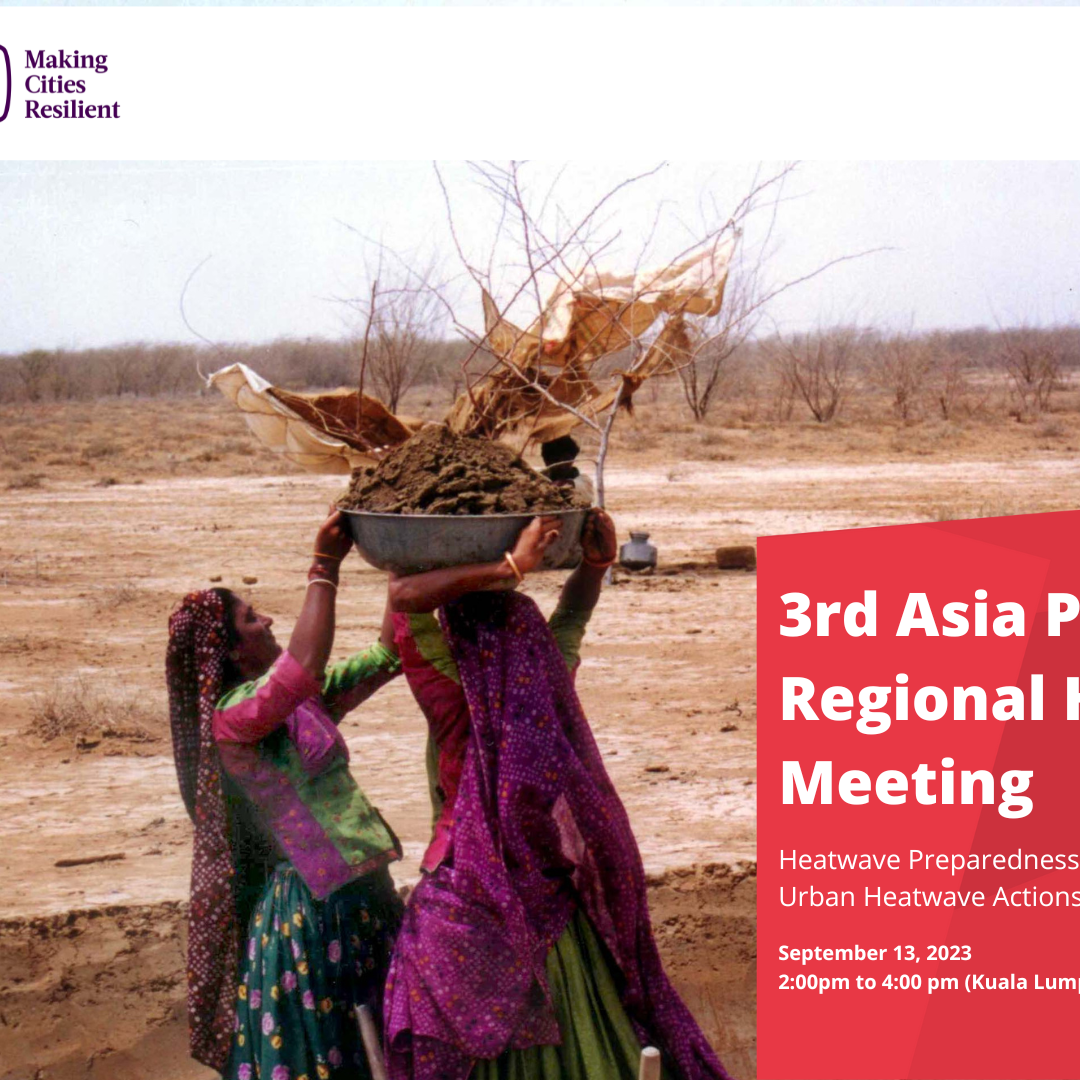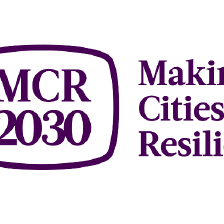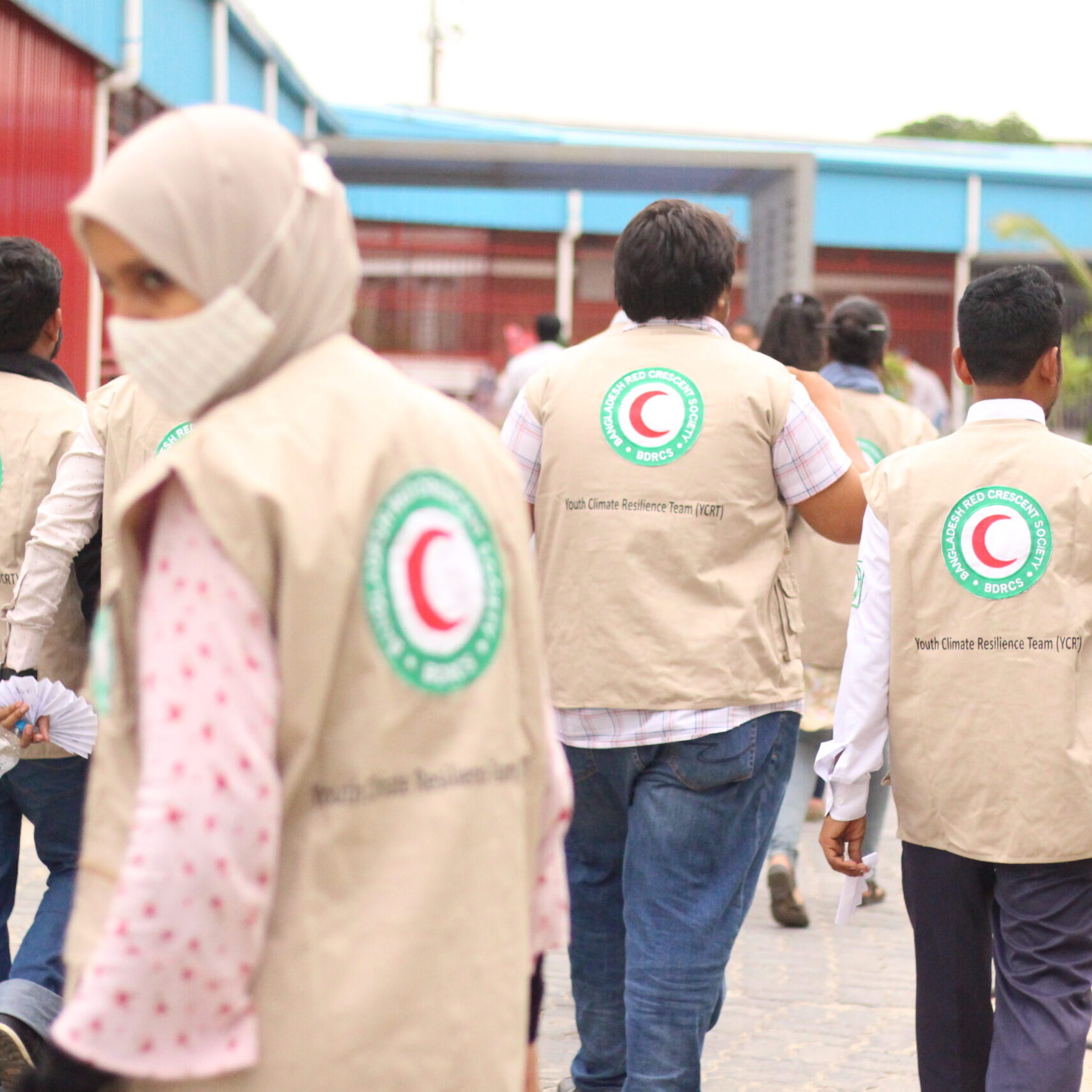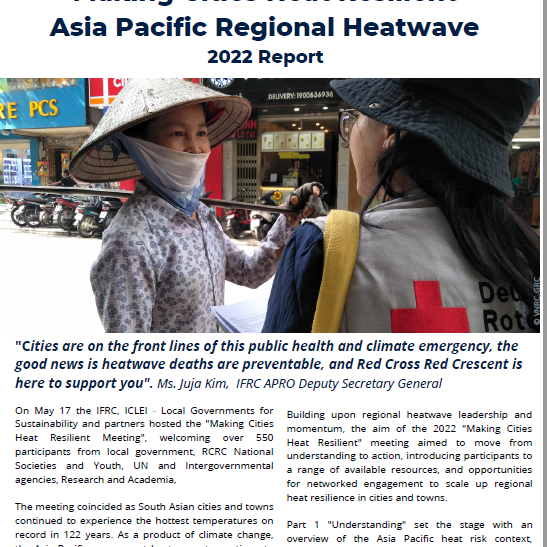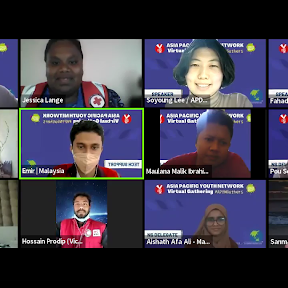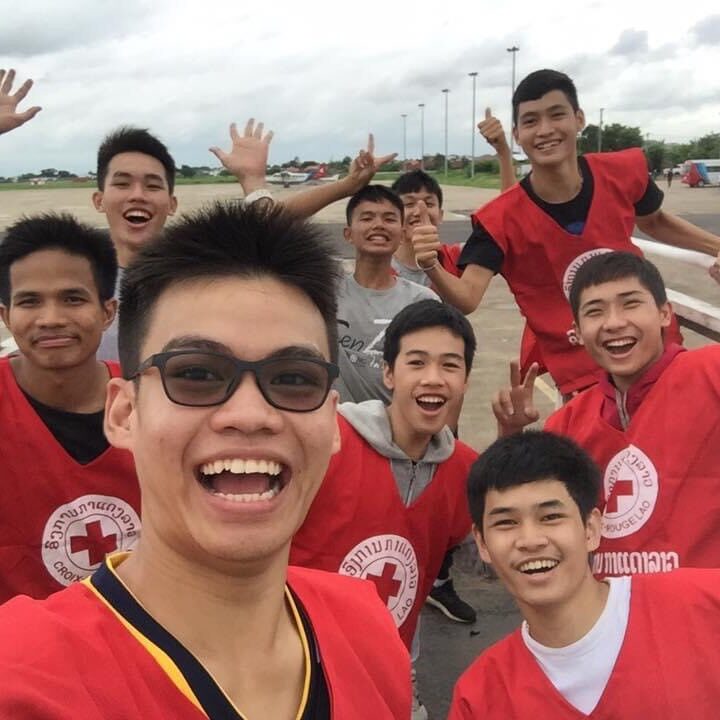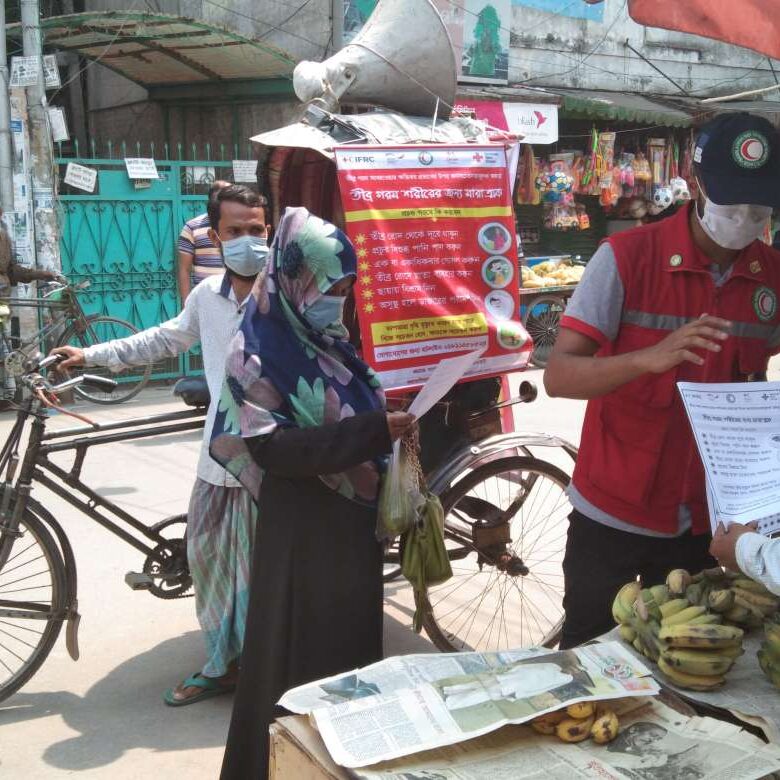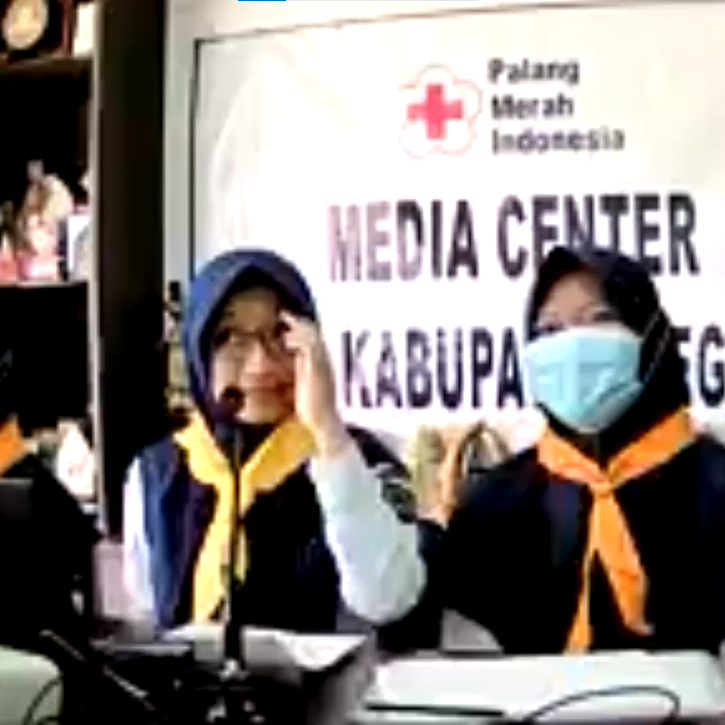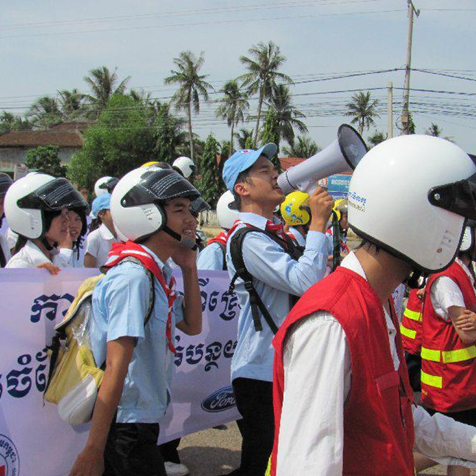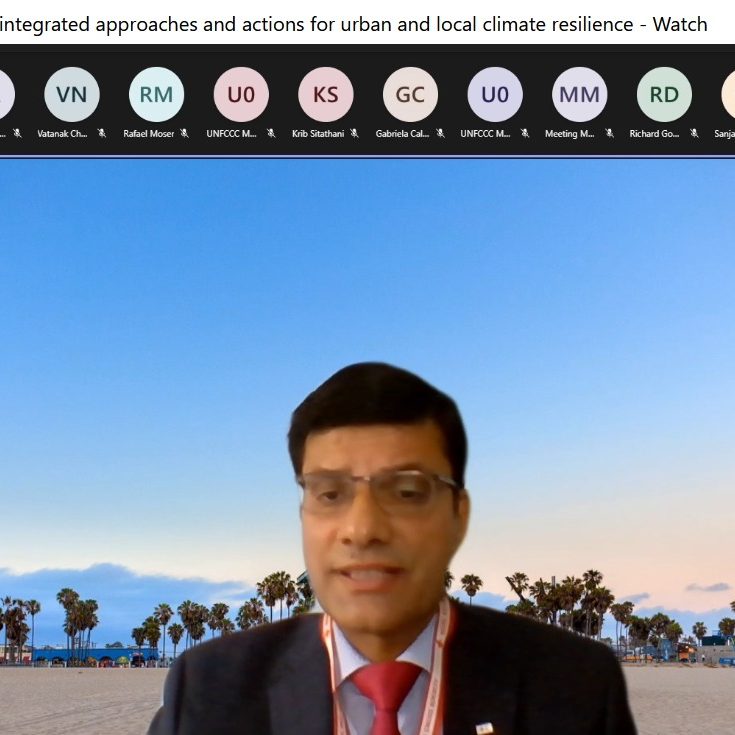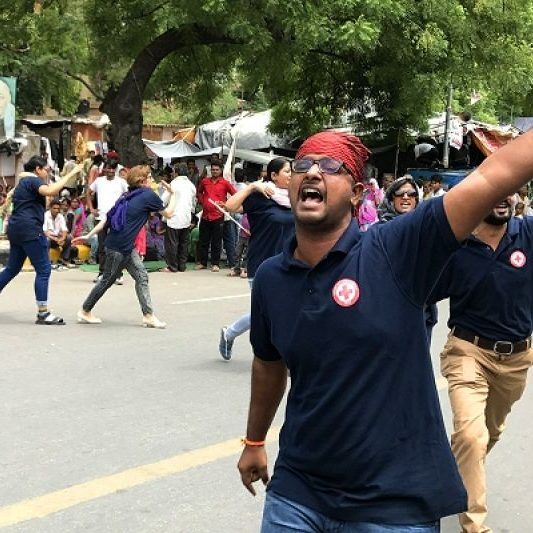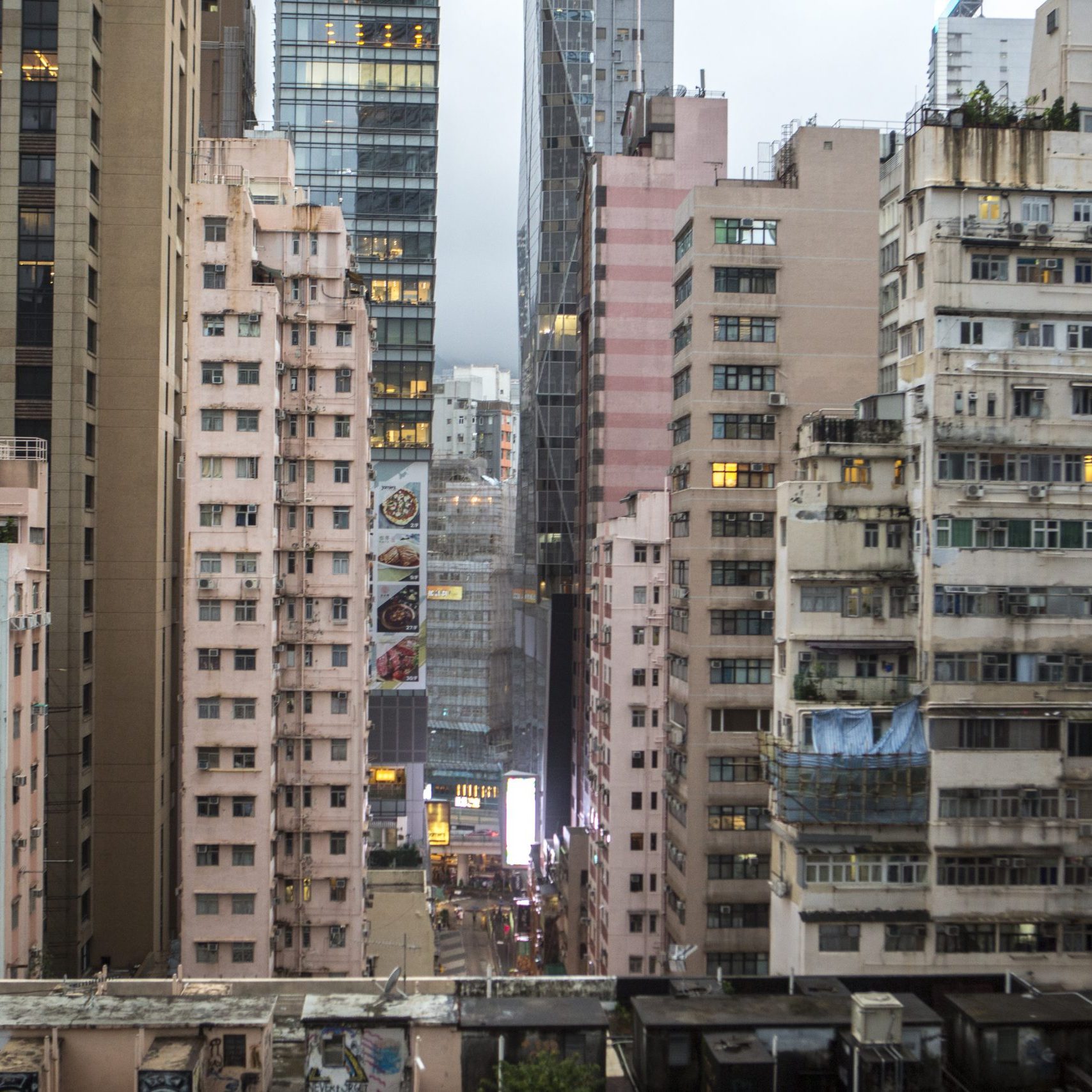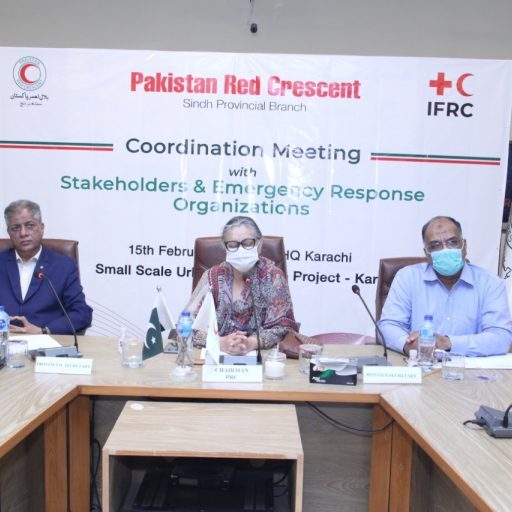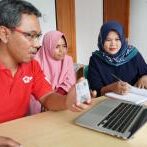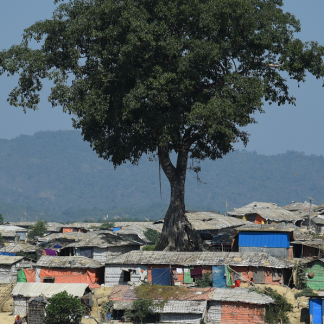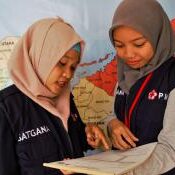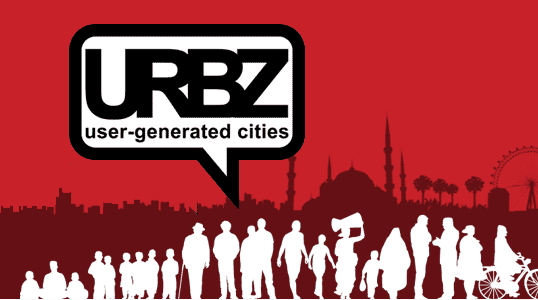Asia Pacific Urban Community Resilience Hub
The Asia Pacific Urban Community Resilience Hub (Asia Pacific Urban Hub) coordinates and connects urban work across the Asia Pacific region, enhancing knowledge sharing and peer-to-peer exchange within and beyond RCRC networks and platforms. Through networked engagement, the Urban Hub operationalizes urban evidence-based learning, with a strong orientation toward multi-stakeholder partnerships and innovation, for improved humanitarian assistance and enhanced urban community resilience.
This Hub provides a space where urban actors can access:
Resources
Share knowledge and experience in urban programming. The resource section provides a variety of reports, toolkits, guidelines, and case studies permanently growing.
Networked Learning
Connect with other urban practitioners. Through the networked learning and engagement, you can connect to discuss challenges, opportunities and good practices in specific areas of urban work.
Funding Opportunities
Find opportunities for funding. The section 'funding opportunities' is frequently updated with new options to fund urban resilience-focused projects.
Calendar
Keep up to date with the urban agenda. In the calendar section, you can find the main upcoming events, training, and webinars in urban community resilience.
News
Heatwave Preparedness and Readiness: Urban Heatwaves Actions across the Asia Pacific Region
Summary of the 3rd Regional Heatwave Meeting - September 13, 2023 (Download the Summary in Word Format).
Making Cities Resilient 2030: Celebrating the Power of Networked Urban Action in Asia Pacific
On behalf of IFRC APRO we are pleased to celebrate a fruitful 2022 year of collaboration as a core Making Cities Resilient 2030 partner. Continue to read more about how the IFRC Network supports cities on their resilience journeys here.
Successful Completion of Small Grants II: Youth Trailblaze Urban Climate Action in Asia Pacific
On behalf of the Urban Hub, IFRC APRO, KNRC and APDRC and the Climate Center, we wish to sincerely congratulate Red Cross Red Crescent youth volunteers in Vanuatu, Lao PDR and Bangladesh for their dedication, vision, and their numerous Small Grants II urban community resilience and climate action achievements! Read more here!
Highlights from the Asia Pacific "Making Cities Heat Resilient" 2022 Meeting
On May 17 the IFRC, ICLEI - Local Governments for Sustainability and partners hosted the "Making Cities Heat Resilient Meeting", welcoming over 550 participants from local government, RCRC National Societies and Youth, UN and Intergovernmental agencies, Research and Academia.
Read all the full report and access the presentations here!
Small Grants Youth Winners Check-in: Learnings and Achievements at the Asia Pacific Youth Network
On February 25, Small Grant Youth winners of the 2nd Urban Community Resilience Small Grant Initiative, Vanuatu Red Cross, Lao Red Cross and Bangladesh Red Crescent Youth shared their learnings and achievements thus far in the "Small Grants: Big Urban Youth Resilience" session.
Read all about the Asia Pacific Youth strides taken in mobilizing urban climate action and resilience here!
Congratulations to the Small Grants Winners: Nepal, Vanuatu, Lao PDR and Bangladesh Red Cross Red Crescent!
The Asia Pacific Urban Community Resilience Hub is pleased to announce the winners of the 2nd Urban Community Resilience Small Grant Initiative: Nepal Red Cross, Vanuatu Red Cross, Lao Red Cross and Bangladesh Red Crescent.
Funded by Zurich Flood Resilience Alliance, Asia Pacific Disaster Resilience Centre (APDRC), Korean Red Cross and Japanese Red Cross; the Small Grants are an opportunity for National Societies and Youth Volunteers to leverage and operationalize learning in urban community resilience at the country level, document it, and share it with the Urban Hub Network and beyond. Read all about this year's ambitious Small Grant urban resilience endeavors and learnings in store here!
Hot off the press: Dhaka Heatwave Feasibility Report & Findings
July 2021 was the world’s hottest month ever, while Asia recorded its warmest July ever. As the global temperature is on rise, heatwaves are becoming hotter, longer, and more frequent. Bangladesh is one of the countries most vulnerable to global warming and climate change. Cities in Bangladesh, including Dhaka are witnessing warmer summers and increasing numbers of extreme hot days in recent years.
In anticipation of more extreme heat events to come, German Red Cross (GRC), Bangladesh Red Crescent Society (BDRCS), Red Cross Red Crescent Climate Centre (RCCC) together with Bangladesh Meteorological Department (BMD) conducted a heatwave feasibility study to pilot heatwave early action in Dhaka, Bangladesh. Read all of the valuable findings from the 2021 Heatwave Feasibility report here.
1st Urban Hub Youth Leadership Meeting: Urban DRR, Community Resilience and Climate Action, Asia Pacific Youth Tackle it All
On August 18, 2021, National Societies and RCRC Youth Volunteers from across the region gathered to discuss Red Cross Red Crescent opportunities and approaches to transform, influence and inspire change in Asia Pacific cities through climate, disaster risk reduction and resilience action.
Building on the Red Cross Red Crescent Strategy on Youth-Led Climate Action, Red Cross Red Crescent Youth Volunteers from cities in the Philippines, Indonesia, Pakistan and India shared examples of how they operationalize the three dimensions of change, “Awareness, Action and Advocacy” in their respective urban areas. The 1st Urban Hub Youth Leadership Meeting marks the start of many more to come, in the meantime read up on tips and tricks for successful urban youth engagement here.
Launch of Small Grants II: Call for Asia Pacific National Societies and Youth Volunteer Urban & Climate Resilience Proposals!
We are pleased to announce the launch of Small Grants II. Building on the success of Small Grants I, the Urban Hub Small Grants II, supported by the IFRC Asia Pacific Regional Office (IFRC APRO), Zurich Flood Resilience Alliance (ZFRA), Asia Pacific Disaster Resilience Center (APDRC), Republic of Korea National Red Cross (KNRC) and Japanese Red Cross Society (JRCS), is here to foster continued learning via the following thematic areas:
- Urban Community Flood Resilience
- Urban Community Disaster Risk Reduction, Resilience and Climate Youth Action
All Asia Pacific National Societies and Youth Volunteers are encouraged to apply. Deadline for proposal submission 02 August, 2021. For further details please refer to the Call for Proposals and application criteria in the link below.
Terms of Reference Urban Hub Call for Proposals Small Grants II
UNFCCC Asia Pacific Climate Week: Secretary General Aryal of Nepal Red Cross Society shares how urban resilience programming informed National Adaptation Plans
"What’s the added value of humanitarian agencies participating in the National Adaptation Planning and how does that relate to urban resilience programming", you ask? On July 7, 2021, Secretary General of Nepal Red Cross Society, Pitambar Aryal participated in the UNCDF and UN-Habitat session, "Scaling up collaboration on integrated approaches and actions for urban and local climate resilience". This session co-led by UNCDF and UN-Habitat and organized by IFRC APRO, CDP Cities, States and Regions, UCLG-ASPAC, demonstrated good practices and lessons learned on empowering collective action on behalf of communities, local partners, cities, and local governments for enhanced climate resilience and adaptation results. Secretary General Aryal shared how NRCS continues to scale up climate-smart, urban resilience, integrating the voices of those most vulnerable via NS4NAPS, alongside Asia Pacific Mayors and urban stakeholders. Read the Nepal Red Cross Society's the top 3 ways RCRC National Societies added value to NAP processes and recommendations to promote DRR and NAP coherence through innovative stakeholder engagement here.
1st Asia Pacific Heatwave Meeting: 1st Asia Pacific Regional Heatwave Meeting: a collective success of policy, praxis, research, and humanitarian leadership
Heatwaves, or silent disasters, are increasingly common and can seriously affect human health, well-being, and livelihood. In the past decade severe heatwaves have claimed numerous lives in Asia Pacific. Heatwave exposure will continue to increase, and urban areas amplify heatwave risk. On May 11 – 12, the 1st Regional Heatwave Meeting, convened over 75 participants, spanning RCRC National Societies, Research and Academia, UN, City Networks and IFRC Country and Country Cluster Delegation staff. Read all about heatwave impacts and inspiring Asia Pacific heatwave action currently underway in the 1st Asia Pacific Heatwave Meeting Report and peruse 1st Regional Heatwave Presentations.
1st Urban Hub Regional Meeting
The 1st Asia Pacific Urban Hub Regional Meeting organised by the Asia Pacific Urban Community Resilience Hub, took place on 10 and 11 March from 10:00am – 1:00pm (Kuala Lumpur time), and convened Asia Pacific National Societies, IFRC and key regional urban stakeholders to strengthen the Urban Hub network to highlight the ongoing urban resilience work in the region, identify National Societies capacities and needs for technical support, introduce how the Urban Hub network and the Hub as a regional platform will support National Societies’ urban resilience pathways, knowledge sharing and peer exchange within and beyond Red Cross Red Crescent network.
Pakistan Red Crescent leads Stakeholder Coordination Meeting to strengthen Emergency Response in Karachi
As part of the implementation of the Urban Community Resilience Small Grant Initiative, Pakistan Red Crescent Sindh branch convened and led a coordination meeting with government authorities, humanitarian organizations and other relevant stakeholders working in Karachi, with the aim of building working relationships to enhance the capacities of the Emergency Response Force (ERF) and strengthen the mechanism of emergency response in the city.
This is a key step to stregthen urban community resilience in Karachi!
Mongolia and Pakistan were selected to receive the 1st Urban Community Resilience Small Grants
The 1st Call for Proposals for Small Grant Initiatives in Urban Community Resilience was closed on 11 October 2020. The selection panel, integrated out of members of the Urban Hub Core Group (Asia Pacific National Societies, Reference Centres, PNSs and IFRC), review the proposals received and selected the initiatives form Mongolia and Pakistan to be funded. The amount of each grant is CHF 10.000 and the timeline for implementation is from November 2020 to March 2021.
Congratulations to Mongolian Red Cross and Pakistan Red Crescent!!
1st Call for Proposals - Small Grant Initiatives for Urban Community Resilience
We are pleased to announce that the 1st Call for Proposals for Small Grants Initiatives for Urban Community Resilience has been launched!!!
The Urban Hub will be supporting the implementation of small-grant initiatives for urban community resilience in the Asia Pacific region to provide an opportunity for National Societies to operationalize learning in urban community resilience, document it and share it at the regional and global levels with the support of the Urban Hub.
For more details for the application please refer to the Concept Note with Application Format in the link below.
Terms of Reference 1st Urban Hub Call for Proposals Small Grants
Building resilience in Coastal Urban communities
Urbanization is bringing many new challenges and opportunities, for example, natural hazards pose major risks to critical infrastructure and large population; with the demand of energy in these cities, greenhouse gas emissions are increasing; there are more frequent and intense extreme weather events and continuing sea level rise. With a blending of these issues, communities in urban areas are increasingly vulnerable to natural hazards and disasters.
Explore the Urban Community Resilience Toolkits
The urban community resilience tool box includes three connected and complementary toolkits to help urban communities identify their resilience priorities and design sustainable and scalable solutions together with a diverse set of partners: City-wide Resilience Assessment, Building Coalitions for Urban Resilience, and Designing Solutions for Urban Community Resilience. These toolkits are developed and tested with the Red Cross National Societies of Indonesia, Vanuatu, and Myanmar with funding support from the USAID under the Coastal Cities Resilience program.

